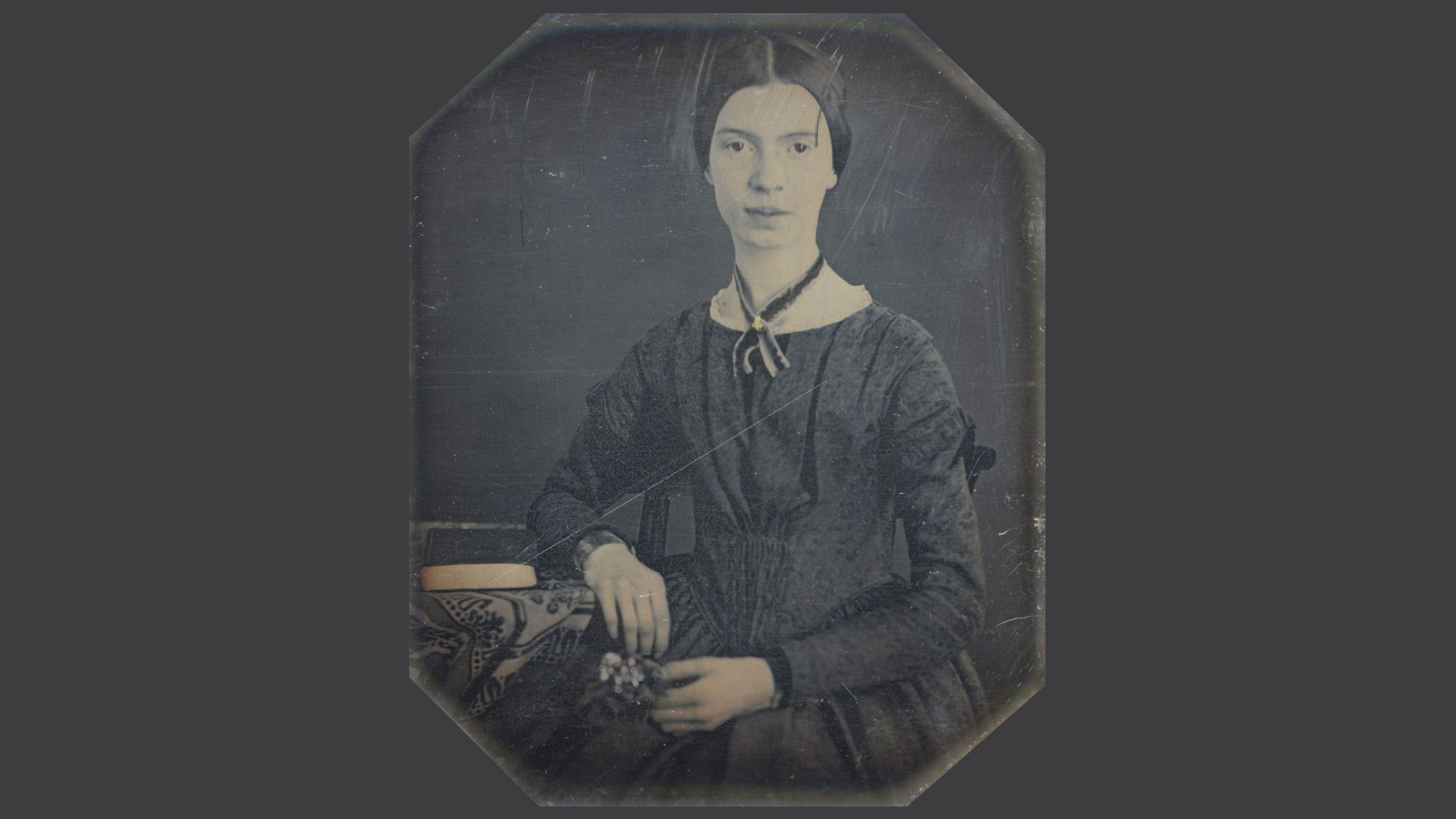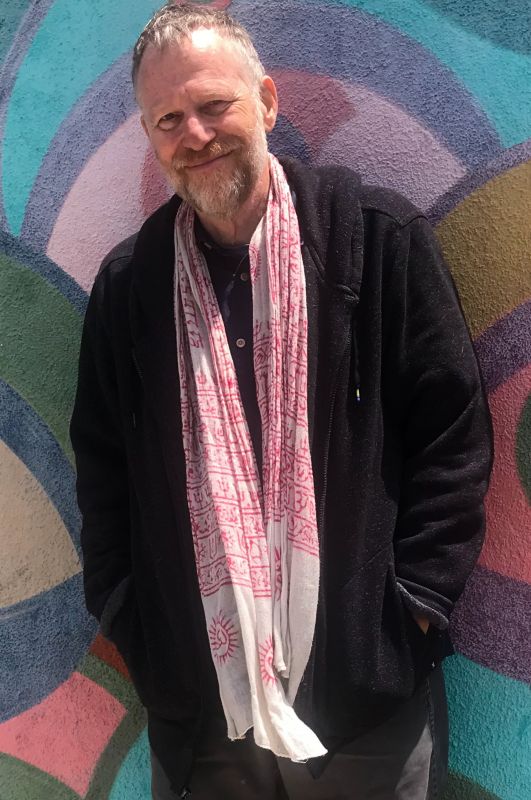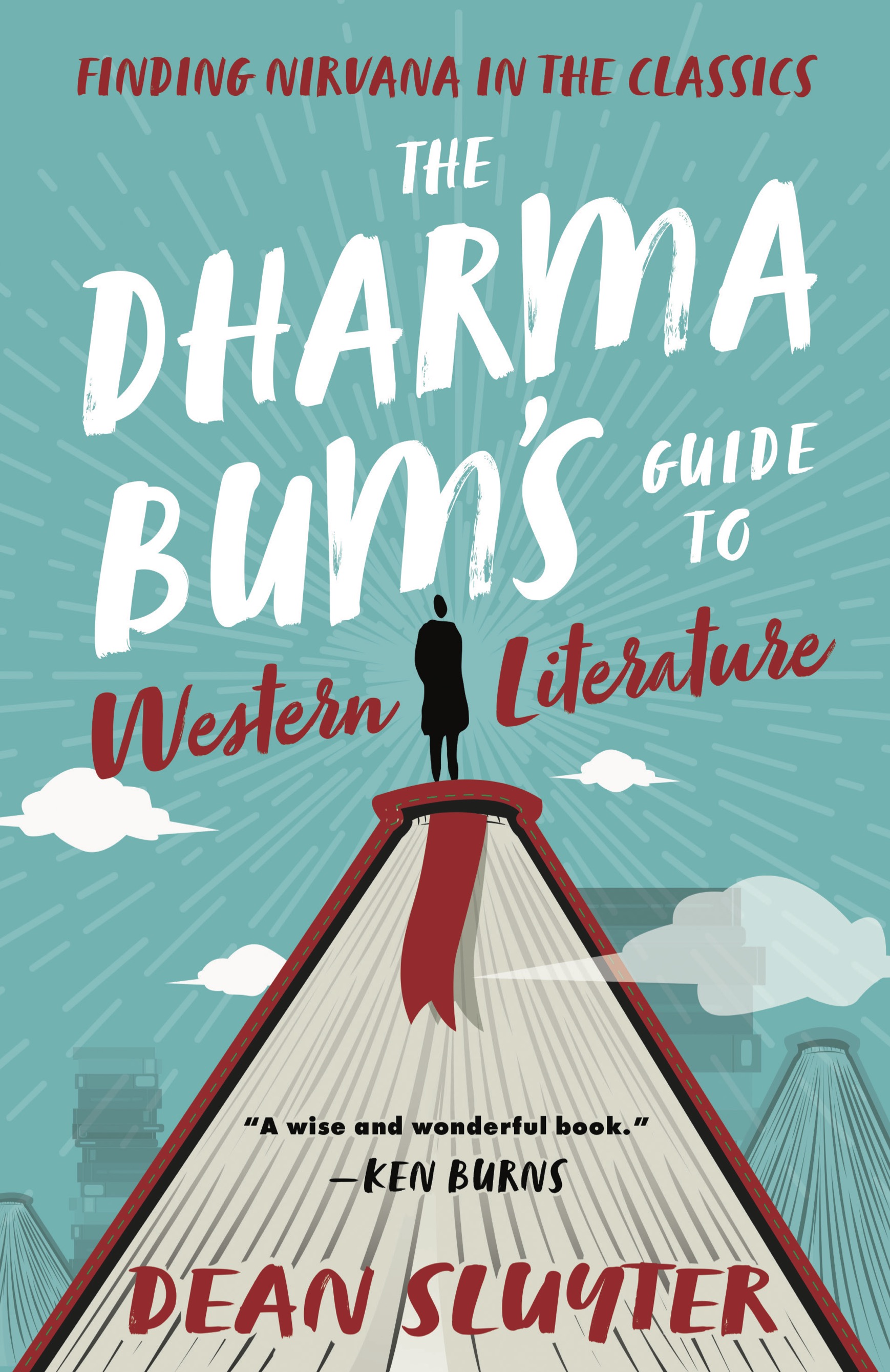After years of contemplating the connections between my two loves, I wrote The Dharma Bum’s Guide to Western Literature: Finding Nirvana in the Classics, which unpacks the often-unexpected enlightenment content of authors from William Blake and Virginia Woolf to J.D. Salinger and Dr. Seuss. I’m very grateful to Rupert, who read an early version of my Shakespeare chapter some dozen years ago and warmly encouraged me to keep writing. Here's an excerpt from my chapter on Emily Dickinson:
Consider this two-line bombshell from 1860:
Not “Revelation” ’tis that waits,
But our unfurnished eyes.
Dickinson grew up in an era of intense spiritual ferment, with competing denominations, from Shakers to Mormons, proclaiming belief in their own version of ultimate truth. But in this poem, with the cool confidence of one who doesn’t just believe but sees, she dismisses everyone’s version with a droll pair of quotation marks: “Revelation.”
What she sees is precisely what the awakened sages have always seen, that the real ultimate truth is not a revelation. Anything that’s revealed has content: a message (that is, a thought), or a feeling, or perhaps a sensory experience. Maybe it’s sublime, celestial content: a hundred thousand angels singing hosannas as God whispers the Message of All Messages in your ear, or a hundred thousand volts of kundalini energy surging up your spine and lighting up your chakras like a Christmas tree. But that’s still content, and therefore it’s not It. It’s specific, x rather than y, and therefore it’s bounded, finite. Our longing is for the infinite.
Dickinson calls It “our unfurnished eyes”: not anything we experience with the eyes or other senses, but rather the awareness-space within which all seeing, all experiencing, happens. It’s empty, uncluttered by objects, like an unfurnished room. This, of course, is exactly what happens in sitting practice, when awareness — the eye, the I — temporarily disengages from objects and rests in itself. We’re like the sun that’s been shining on object after object but now simply abides in its own light. We enjoy unfurnished, luminous freedom, and as awakening grows, that enjoyment persists, even when meditation ends and our eyes are once again furnished.
This is a subtle Dharma insight, and for Dickinson it wasn’t book-learned. Apparently she was a natural, inclined to spontaneous inward settling during her long stretches of quiet solitude (“Silence,” she wrote, “is Infinity”) and the time she spent communing with the natural environment.
A flask of Dew -
A Bee or two -
A Breeze a’caper in the trees -
And I’m a Rose!
She did know about the Transcendentalists, just seventy-five miles away in Concord. She admired Thoreau’s work and treasured a volume of Emerson’s poetry. Once, on a visit to Amherst, Emerson himself dined next door at Dickinson’s brother’s home, and Emily was invited. But she didn’t show. Perhaps her neurosis prevented her, or perhaps, having so deeply tasted the transcendental, she just didn’t need to bother about the -ism.
Dickinson’s highest poems demand the perspective of samadhi to decode them. Otherwise, we’re left scratching our heads over, say,
I taste a liquor never brewed -
From Tankards scooped in Pearl -
That’s a koan. The taste of a liquor never brewed is the same thingless thing as the sound of one hand clapping, or the face you had before your parents were born, or Keats’s ditties of no tone. It’s the flavor of no flavor, and it gets you higher than high. Beyond all the somethings of the senses and mind, it’s sublime no-thing, straight up. The tankard is empty, but like unfurnished empty awareness, it’s luminous, pearlescent. By the end of the poem, Emily’s sloshed, like a common drunk leaning against a lamppost — only, in her exalted state, she is “Leaning against the Sun!” Emerson, in his library of imported Eastern scriptures, may have read the Vedic hymns to Soma, the intoxicating beverage of the gods, but Dickinson guzzled the stuff.


